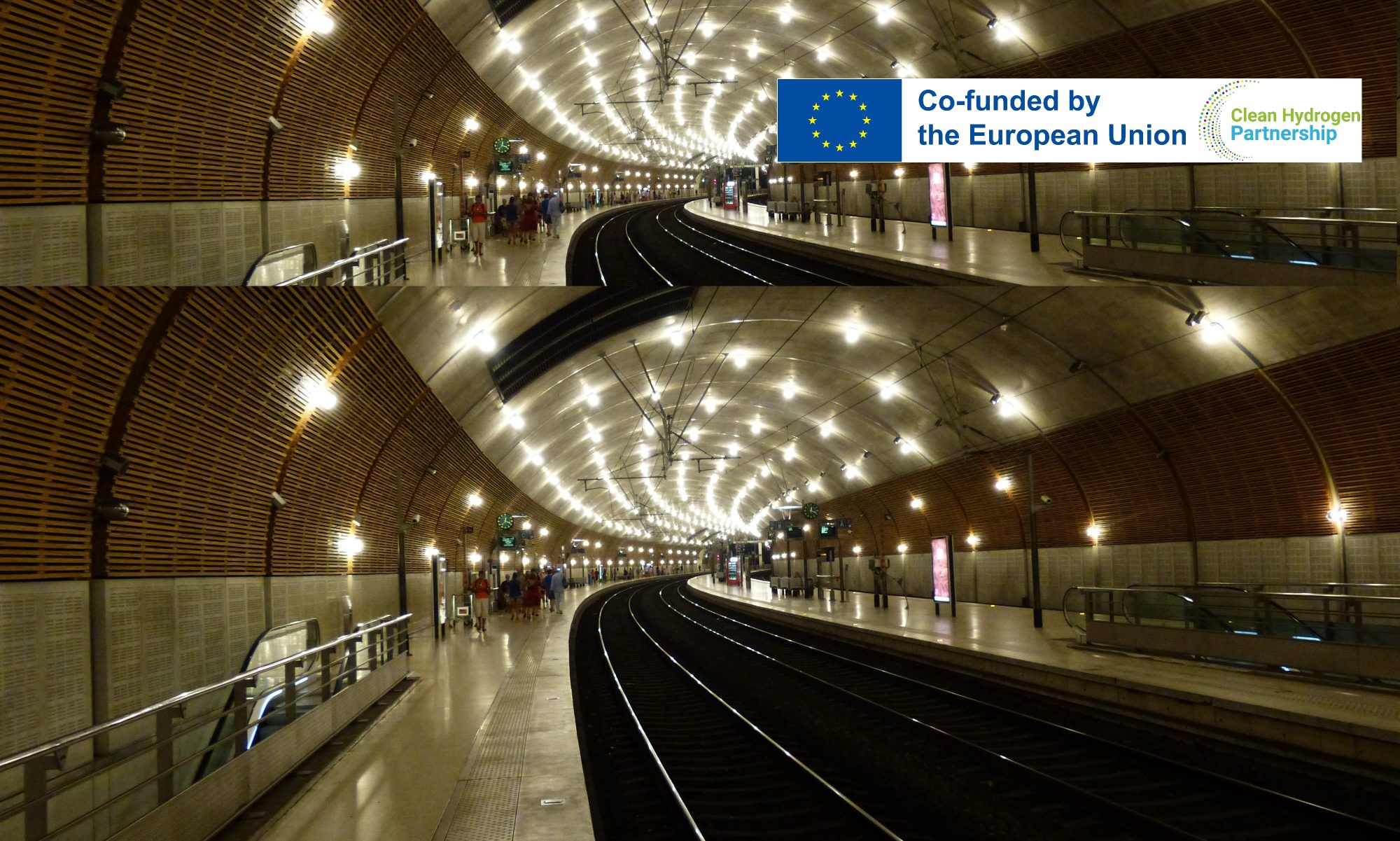Date: TBC
Venue: International Fire Academy, Balsthal, Switzerland
The workshop is postponed due to COVID-19 outbreak and quarantine measures across Europe.
Please keep visiting this page for further announcements
The international workshop will involve experts from the fire, police and rescue services with an extensive operational experience and suitable academic qualifications, e.g. in rescue engineering, medicine, emergency and crisis management, etc. The experts will work on developing strategies, tactics and procedures based on incident scenarios and test them in practice in the simulation facilities of the IFA. The HyTunnel-CS partners will attend the workshop to contribute in the area of their expertise.
The current procedures of fire services for incidents with hydrogen will be gathered and analysed. A non-exhaustive list of the matters and questions that will be addressed and discussed:
- current concerns of fire services on incidents with hydrogen in underground transport systems;
- effect of the research outcomes of HyTunnel-CS for fire services intervention strategies, tactics, procedures, technical equipment, gas measurement, training, etc.
- explosion hazards and associated risks, etc.
The workshop will involve several topics and matters, and it will be structured accordingly. Below is given the current status of the envisaged programme:
Part 1. Hazard awareness training: chemical properties, combustion properties, explosion hazards, safety devices (functionality, limits, possible failure), hydrogen hazard compared to other flammable gases, etc.
Part 2. Development and optimisation of strategies: evacuations from areas with explosive atmospheres with the help of emergency personnel, controlled combustion to prevent uncontrolled gas leakage, etc.
Part 3. Development of tactical principles: for incidents with hydrogen-powered vehicles without fire, but with entrapped casualties; hydrogen leakage without fire; hydrogen fire in the open, in tunnels, in underground car parks, etc.
Part 4. Procedures: detection; indicators of hazards, “explosimetry” (measuring lower and upper flammability limits) and the associated hazards for the measuring persons, remote sensing as a possible risk reduction, use of stationary measuring systems, ventilation, extrication: cutting of vehicles , insulation of hydrogen installation, firefighting (fires that have not yet caught on to a hydrogen system, but are endangering it; hydrogen fires: controlled combustion and cooling of the surroundings), etc.
Part 5. Technology: measurement/monitoring technology for fire services, measuring installations of UTS, stationary ventilation systems, large mobile ventilation units, etc.
Part 6. Recommendations for manufacturers, operators, authorities: labelling of hydrogen hazards, fire service deployment plans/vehicle cards, operator-supplied measuring equipment, operator-side ventilation equipment, use of augmented reality methods, etc
Part 7. Training: definition of the minimum knowledge (for all fire services, “specialised fire services”, police services, rescue services), recommendations for standards, recommendations for training and drills, training technique (mockups, virtual reality processes), etc.
Part 8. Clarification, research and development needs: one of the results of the workshop will be a list of questions from the fire services to the other project participants that should be addressed. The results of the international workshop of first responders will be included into deliverable D5.2 “Report on the international workshop with participation of experts from fire services, police services and rescue services”.

